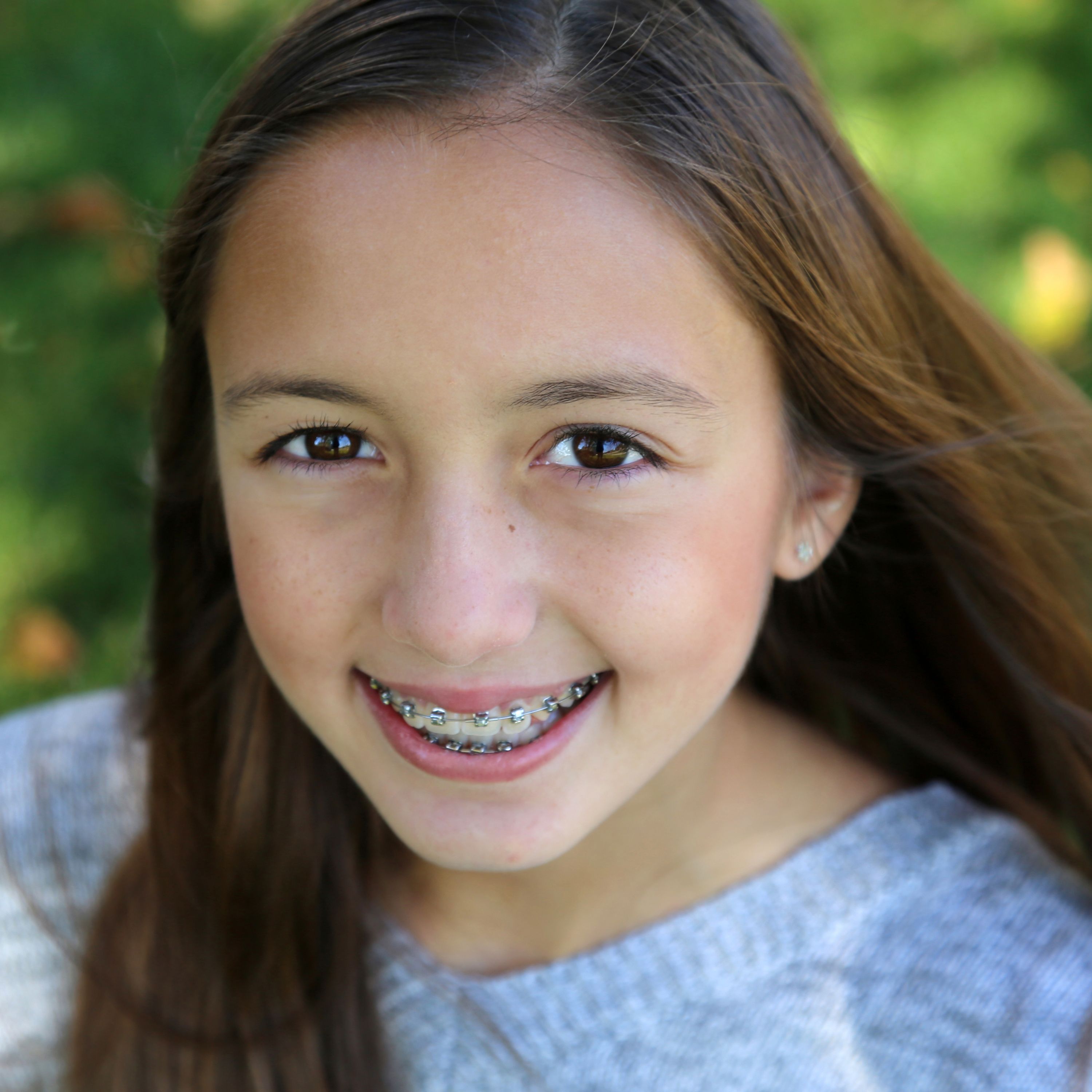Braces and Baby Teeth: When Should Your Child See an Orthodontist
 At Kellyn Hodges Orthodontics, we are often asked by parents when they should bring their youngest children into the practice to be evaluated for braces by Dr. Hodges. Many assume that they should wait until all of their children’s baby teeth have fallen out and been replaced by permanent teeth. They are usually surprised to find out that the American Association of Orthodontics recommends that all children receive their first screening by an orthodontist by the age of seven.
At Kellyn Hodges Orthodontics, we are often asked by parents when they should bring their youngest children into the practice to be evaluated for braces by Dr. Hodges. Many assume that they should wait until all of their children’s baby teeth have fallen out and been replaced by permanent teeth. They are usually surprised to find out that the American Association of Orthodontics recommends that all children receive their first screening by an orthodontist by the age of seven.
When discussing the issue of braces and baby teeth at her Philadelphia, PA orthodontics practice, Dr. Hodges reminds patients that orthodontic treatment involves much more than responding to the alignment of teeth in the mouth. By having your child seen by Dr. Hodges at an early age, before he or she has lost all of his or her baby teeth, you are helping to ensure that the planning of any future orthodontic treatment will be started years in advance. This in turn can help to reduce the severity of any orthodontic issues that arise, as well as the time required to treat them.
If you have a child between the ages of five and eight who has not yet undergone an orthodontic screening, we encourage you to schedule one at Kellyn Hodges Orthodontics today.
Performing Orthodontic Evaluations on Children with Baby Teeth
A highly trained and experienced orthodontist such as Dr. Hodges can tell a lot about a child’s future orthodontic needs by examining his or her baby, or primary, teeth. While it may certainly be too early to provide orthodontic treatment to a child who is only seven or eight years old, it is not too early to assess the state of his or her mouth and jaws.
Dr. Hodges can evaluate at this point whether the upper and lower jaws are growing at the same rate or whether one is growing more quickly than the other. If one is growing more rapidly than the other, measures may be taken at this early juncture to promote proper jawbone alignment, which can help to mitigate any orthodontic issues that would otherwise have occurred. This does not mean that orthodontic treatment will become unnecessary, but the issue that requires correction may be less severe and therefore more easily and effectively treated through more conservative methods.
Dr. Hodges can also monitor the growth patterns of the permanent teeth as they erupt, planning orthodontic treatment well in advance of the actual application of braces. She will be able to take advantage of the optimal window for orthodontic correction, which may be earlier than is often identified when patients are first brought into the practice in their early teens. It may even be advisable to have baby teeth extracted in order to apply braces, depending on the case.
Learn More about Braces and Baby Teeth
Ultimately, it is better to bring your child in early to have his or her orthodontic needs evaluated than to bring him or her in too late. Schedule your child’s appointment with Dr. Hodges today.


